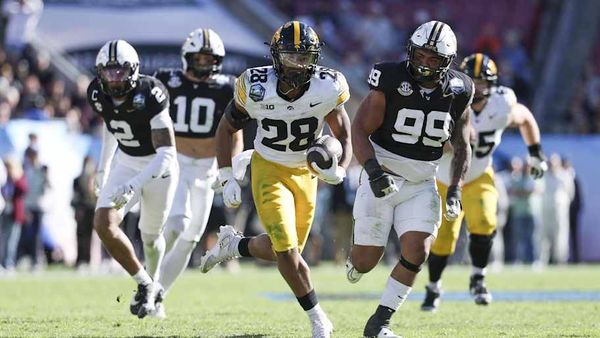
Istanbul (AFP) - Ending the war in Ukraine and starting a new one in Syria are expected to dominate talks on Friday between Russian President Vladimir Putin and Turkish counterpart Recep Tayyip Erdogan.
The Turkish leader will be riding high from the diplomatic success of helping orchestrate the resumption of Ukrainian grain shipments across the Black Sea when he flies to Sochi for his second talks with Putin in just 17 days.
But there are tensions.Erdogan was told by Putin in Tehran last month that Russia remains opposed to any new offensive that Turkey might be planning against Kurdish militants in northern Syria.
Analysts believe these strains form part of the "competitive cooperation" that has defined the two leaders' relation over the past 20 years.
"Russia's war on Ukraine has restored Turkey's self image as a key geopolitical player and given Erdogan more visibility than at any time in the last few years," European Council of Foreign Relations fellow Asli Aydintasbas wrote in a report last week.
"Most Turks support their country's balancing act and quasi-neutral position between the West and Russia."
Truce talks
Attempts by NATO member Turkey to remain neutral in the face of Moscow's historic standoff with the West over Ukraine are starting to pay off.
Months of Turkish efforts saw Moscow and Kyiv sign a UN-backed agreement in Istanbul last month to resume grain deliveries from Ukrainian ports.
The first ship from Ukraine crossed Istanbul on Wednesday.Three more ships destined for Turkey and markets in Ireland and Britain set sail on Friday under a landmark deal designed to relieve a global food crisis caused by the war.
Turkey wants to translate this success into truce talks in Istanbul between Putin and Ukrainian President Volodymyr Zelensky.
"We discussed if the grain agreement could be an occasion for a sustainable ceasefire," Turkish Foreign Minister Mevlut Cavusoglu said after talks with Russian counterpart Sergei Lavrov in Asia on Wednesday.
Complicating these efforts are repeated threats by Erdogan to launch a new military operation in Syria -- a country where Russian and Turkish interests clash.
Russia's army helped Syrian President Bashar al-Assad survive a decade-long rebellion by groups backed by Turkey.
But Erdogan is threatening to invade northern Syria to expand an existing buffer zone that pushes out Kurdish groups he links to "terrorists" waging an insurgency against the Turkish state.
Putin told Russian media in Tehran he still has "certain disagreements, obviously" with Erdogan about Syria.
"In most likelihood, (Friday's) meeting has something do with a possible incursion into Syria, for which Turkey did not get a green light from Russia -- or from Iran, for that matter," said foreign affairs analyst Soli Ozel of Istanbul's Has University.
"Russia would have to get something in return," Ozel added.
Waiting game
Some Turkish media speculate that what Putin really wants is drones.
Turkey has been supplying Kyiv with lethal Bayraktar aerial vehicles that have proved effective in destroying Russian armoured columns across the Ukrainian war zone.
US officials say a Russian team has visited Iran to scope out the purchase of hundreds of drones for its own forces in Ukraine.
Erdogan has added to the intrigue by telling his cabinet that Putin asked him in Tehran to start selling the Bayraktars to Russia.
A senior Turkish official later said that Erdogan interpreted the suggestion as a joke.
But Kremlin spokesman Dmitry Peskov appeared to lend credence to the idea.
"Military and technological cooperation are always on the two countries' agenda," Peskov told reporters.
Economist Intelligence Unit analyst analyst Federica Reccia said Putin views Erdogan's visit as "another opportunity to push back on the international isolation imposed by the West".
One unlikely source of friction is how the two leaders -- renowned for being chronically late -- will actually meet.
Erdogan made Putin stand in place for nearly 50 seconds before walking out to greet him in Tehran.
A Turkish state news agency camera zeroed in on Putin's fidgeting face the entire time.
Many interpreted this as payback for the time Putin made Erdogan wait for nearly two minutes at a meeting in 2020.







